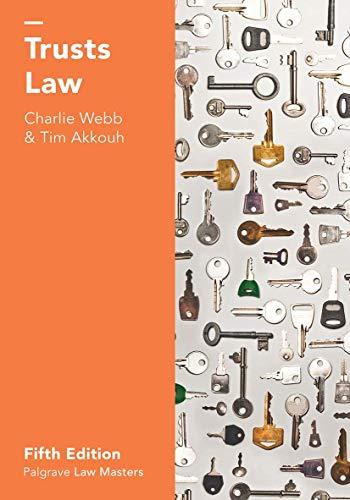Question
Background: Florida's Political Transparency Act of 2010 requires extensive background checks for political candidates, with results publicly disclosed. This includes financial audits, criminal record checks,
Background: Florida's "Political Transparency Act" of 2010 requires extensive background checks for political candidates, with results publicly disclosed. This includes financial audits, criminal record checks, and disclosures of personal associations. The law is challenged by the "Florida for Freedom PAC" following the withdrawal of several candidates citing invasions of privacy.
Assume no other First Amendment precedents exist.
Appellant's Contention: The PAC argues that the Act places undue burdens on candidates, deterring qualified individuals from running for office due to the invasive nature of the checks. They present cases of candidates who faced public scrutiny over minor legal infractions and personal financial struggles from years past, arguing that the Act leads to sensationalism rather than informed voting. Moreover, the PAC contends that the First Amendment implies a "right to reputation" or a "right not to speak." The PAC contends the Act violates that First Amendment liberty.
Respondent's Contention: The State of Florida defends the Act, arguing that transparency is crucial to an informed electorate. They cite instances where undisclosed information about candidates' past criminal activities and financial misdealings came to light only after elections, leading to public mistrust. The state argues that the Act is a response to these issues and is vital for maintaining the integrity of the political process.
Why do you agree with the Respondents?
Step by Step Solution
There are 3 Steps involved in it
Step: 1

Get Instant Access to Expert-Tailored Solutions
See step-by-step solutions with expert insights and AI powered tools for academic success
Step: 2

Step: 3

Ace Your Homework with AI
Get the answers you need in no time with our AI-driven, step-by-step assistance
Get Started


